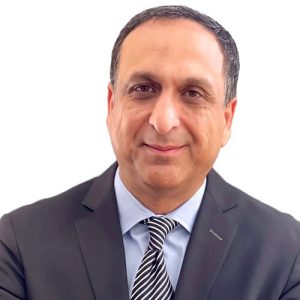Cell-based therapies can be developed in various ways, but companies look for methods that are faster and more efficient. At Houston, TX-based FibroBiologics scientists turn fibroblasts into potentially therapeutic uses.
Hamid Khoja, PhD, chief scientific officer at FibroBiologics, calls fibroblasts “one of the most abundant cells in the human body.” He adds, “They can differentiate into many cell types—chondrocytes, epithelial cells, adipocytes, osteocytes, and so on—much like stem cells.” However, fibroblasts outnumber stem cells by a factor of 12,000–15,000, and can be cultured about twice as fast.

FibroBiologics collects a small tissue sample from tummy-tuck surgical waste. Then, the fibroblasts are isolated mechanically and grown. “Next, we identify fibroblasts that are destined to have the markers for a specific tissue type, such as a spinal disc,” Khoja explains. “We are directing the cells towards a certain outcome.” Throughout the bioprocessing, the cells are checked for pathogens.
The company is testing fibroblast therapies for multiple sclerosis and degenerative disc disease. Beyond the potential of treating chronic diseases, fibroblasts “also have an immune modulatory effect,” according to Khoja. “What we’ve seen in our degenerative disc and multiple sclerosis clinical trials is that they are safe and significantly reduce inflammation.”
FibroBiologics is moving from working with a CRO to bringing its manufacturing in-house. “We’re looking at streamlining the entire workflow and automating it as much as possible,” says Khoja, who also envisions changes ahead in assessing cell-based therapy.
“We will see some changes in terms of how these clinical trials for cells are designed and how some of the data is applied, because they don’t behave the same way as small molecules or monoclonal antibodies,” he tells GEN. “So, you have to think of the design of the experiments and also the analysis of the data a little bit differently.”

![Fibroblast cells[27]](https://www.genengnews.com/wp-content/uploads/2022/03/Fibroblast-cells27-1068x1068.jpg)
